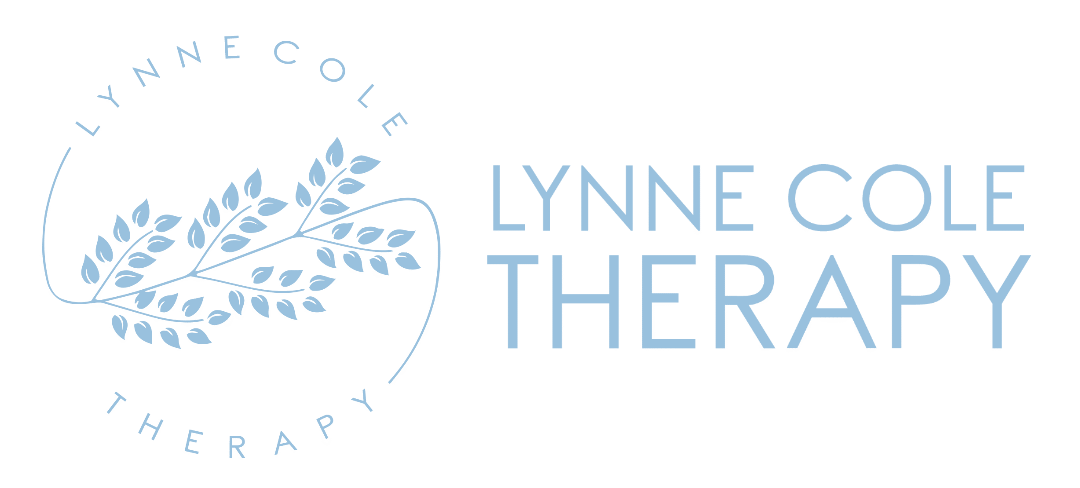
Written By: Lynne Cole – Certified Therapist | Published: 3rd November 2023 | Last Updated: November 2023
Everyone experiences low moods sometimes, and often they pass when circumstances change or the person focuses on something else. But low mood is not the same as depression, which is a certified medical condition and requires a different approach.
If you are experiencing prolonged low mood and think it could be depression, this guide aims to outline the key differences between low mood and depression to help you better understand what you are doing through and the steps you can take to get help.
Table of Contents
ToggleSymptoms of a Low Mood
While not everyone experience low mood in the same way, there are some common symptoms which are considered to be the symptoms of low mood.
Low mood symptoms include:
- feeling sad, anxious, frustrated, or tired
- low self-esteem, feeling ashamed of yourself or lacking confidence
- losing interest in doing things you would normally enjoy
- losing appetite or emotional eating
- sleeping too much or too little
- not wanting to socialise or talk to friends or family
- moving or speaking more slowly than usual
- executive dysfunction – feeling too tired or unfocused to do anything, such as housework, even when it’s urgent
- physical aches and pains
- changes to digestive function, menstrual cycle, etc
- feeling hopeless, fearing that you’ll never feel good again
- thoughts of suicide or self-harm
Is Low Mood Considered a Mental Illness?
Low mood with a known cause is not a mental illness in itself.
If something bad or stressful has happened in your life, it’s perfectly reasonable to feel about it. Sadness and anger can be signs that you need to make a change, by removing or leaving the source of stress, and when that source is gone, you can begin to feel differently.
If you can’t remove the source of stress – for example, if you’re upset because of a bereavement – you may feel for some time, but you should be able to process it and let the low mood pass with time and self-care.
However, if low mood persists, it can be considered a possible sign of depression, which is a mental illness and may require medical treatment.
Causes of a Low Mood
Low mood is a normal response to unpleasant things happening.
Causes can include many types of stressful life changes, such as the loss of a loved one, needing to move home, loss or change of a job, etc.
Even positive changes such as a new child can cause temporary low mood as one adjusts to a major change – routine changes can be very stressful even when they’re wanted and reactions can be unpredictable.
Symptoms of Depression
Symptoms of depression are extremely similar to low mood. Signs that your low mood might be part of a clinical depressive disorder can include:
- low mood occurring with no clear reason in your life circumstances
- low mood lasting for a long time (weeks rather than days)
- thoughts of suicide or self-harm may be more serious or frequent
Causes of Depression
Depression can be caused by:
- medical problems affecting the production, release, or function of serotonin or similar hormones, which signal positive feelings
- acute trauma such as assault, major accident, bereavement, betrayal, etc
- complex trauma (many small incidents) such as bullying in childhood or at work, long-term financial problems, etc
One of the key contributors is a chemical imbalance in the brain, particularly involving neurotransmitters like serotonin and norepinephrine, which play a crucial role in regulating mood. Genetic predisposition also plays a significant role, as individuals with a family history of depression are more susceptible to experiencing it themselves.
Life stressors, such as major life changes, chronic stress, or trauma, can trigger depressive episodes, as they can disrupt the brain’s equilibrium and affect one’s emotional well-being.
Additionally, certain medical conditions, substance abuse, and certain medications can increase the risk of depression.
Social factors, like a lack of social support, isolation, and socioeconomic disadvantages, can further contribute to the development of this condition.
It’s important to recognize that depression is often the result of a combination of these factors, and understanding its root causes is crucial for effective diagnosis and treatment.
When Does Low Mood Become Depression?
Low mood and depression are distinct but closely related experiences. Low mood, often referred to as feeling down, sad, or blue, is a common emotional state that everyone encounters from time to time. It’s a natural reaction to life’s challenges, disappointments, and stressors. However, when low mood becomes persistent, intense, and interferes with daily functioning, it may be a sign of depression.
The transition from low mood to depression is not always clear-cut, and it varies from person to person. It’s essential to consider factors like the duration and intensity of low mood, the impact on daily life, and the presence of other symptoms like changes in appetite, sleep disturbances, and physical complaints. If someone experiences low mood that lasts for more than two weeks and significantly affects their ability to function at work, in relationships, or in daily life, it may be indicative of clinical depression.
It’s crucial to seek professional help when low mood becomes persistent and severe, as early intervention can lead to better outcomes in managing and treating depression.
When to Get Help for Low Mood or Depression
It’s essential to seek help for low mood or depression when these emotional states begin to interfere with your ability to lead a fulfilling and productive life. If you find that your low mood persists for an extended period, typically lasting more than two weeks, and it’s accompanied by symptoms such as a loss of interest in activities you once enjoyed, changes in appetite or sleep patterns, feelings of hopelessness, or physical symptoms like fatigue, it’s a clear sign that professional help is warranted.
Other indicators include thoughts of self-harm or suicide, which should be taken seriously and addressed immediately. Seeking help from a mental health professional, such as a therapist or counsellor, is crucial in such cases, as they can provide the necessary support, therapy, and, if needed, medication to manage and alleviate the symptoms of depression.
Early intervention can greatly improve the prognosis and help individuals regain control of their emotional well-being and overall quality of life. Don’t hesitate to reach out to a healthcare provider or a mental health specialist when you or someone you know is experiencing persistent low mood or depression.
Keep track of your mood if you notice feelings have lasted longer than usual. A mood journal may help, or mark your calendar. If a low mood persists for more than three weeks, talk to your doctor.
It would also be wise to see a doctor if you experience any thoughts of self-harm or suicide; even if you have no intention of acting on them, these thoughts can be very distressing in themselves and may become more severe if not treated. You may require therapy or medication.
Don’t be afraid to seek help. With the right support, you can bring your mood back to normal levels and enjoy your life again.

